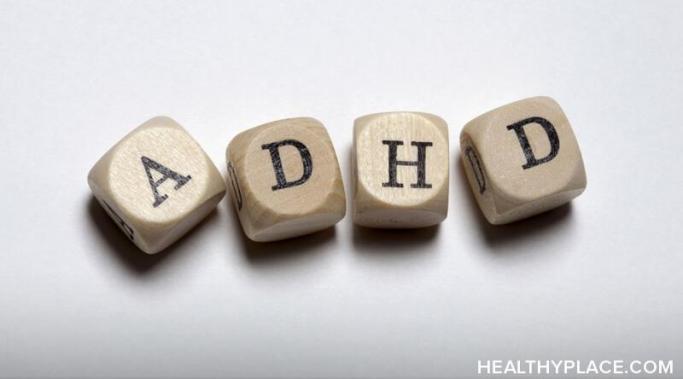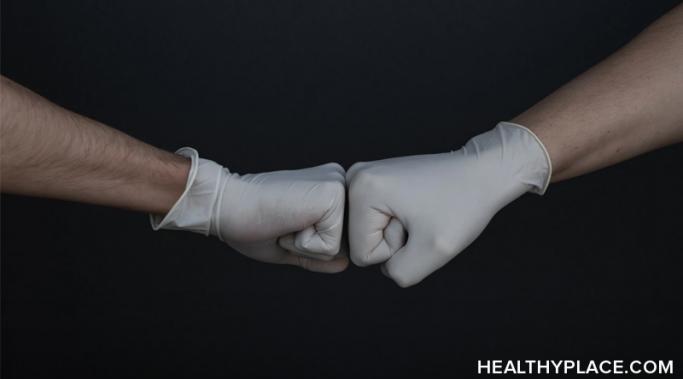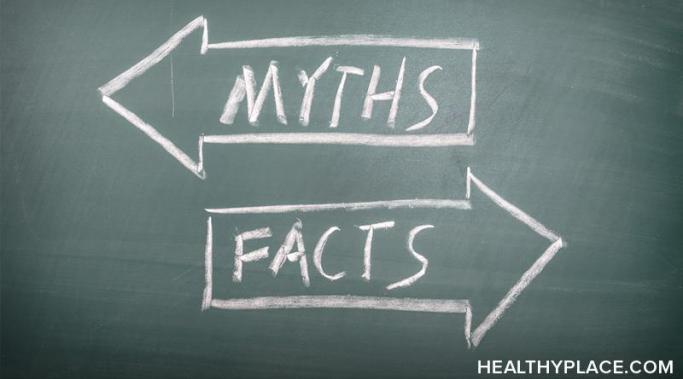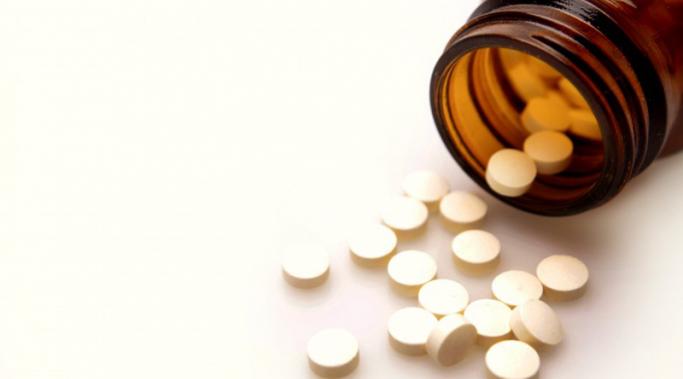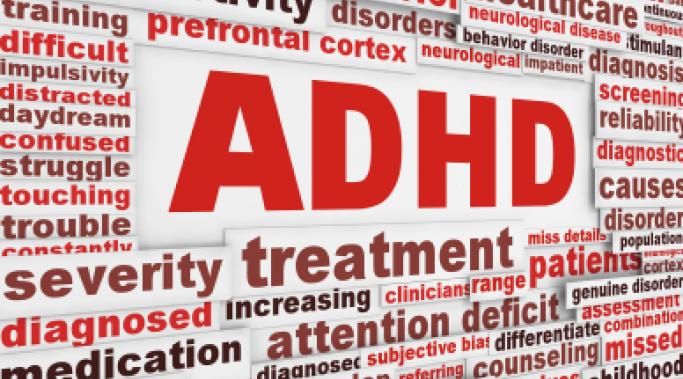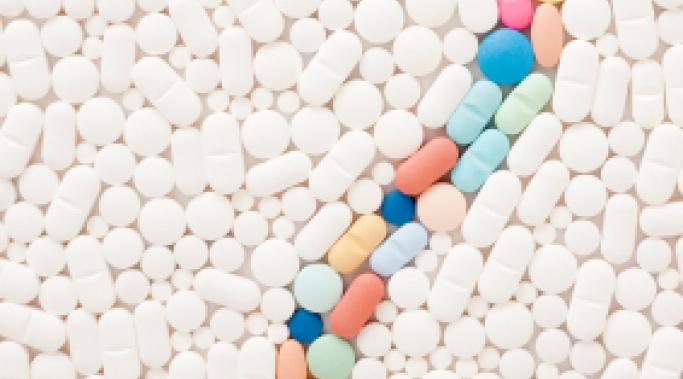Once upon a time, not too long ago, I only had suspicions regarding attention-deficit/hyperactivity disorder (ADHD). Mercifully, I summoned the wherewithal to beat a path toward diagnosis, and that's exactly what I received one day in early 2018, sitting in a doctor's office. With that, a vague hunch became solid confirmation, I began taking ADHD medication, and my life transformed.
ADHD Medication
After years of my voicemails going unanswered, high co-pays, and failed medications—I'm finally at a place in my life where I'm getting quality mental health care. I'm finding success with my attention-deficit/hyperactivity disorder (ADHD) medications. But I want to caution you: this didn't come without great persistence. I've spent 15 minutes on hold with my insurance only to discover my behavior health care coverage wasn't through them. And I've called many offices just to be out of network. Because I've had my fair share of crappy experiences, doctors, and ADHD medication, I came up with a list of six tools and mindset shifts that helped me reach success with ADHD medication that I hope can benefit you.
I hate to say it, but my mental health hasn't changed much since the recent COVID-19 outbreak. Despite working directly with COVID-19 patients as a healthcare worker, lack of protective personnel equipment (PPE), and a limited supply of masks—my attention-deficit/hyperactivity disorder (ADHD) remains intact.
Medication for attention-deficit/hyperactivity disorder (ADHD) is not as easy to obtain as people seem to think. Doctors consider stimulants to be some of the most effective ways to treat ADHD. However, in the United States, these stimulants are controlled substances that are regulated by federal law, particularly the Controlled Substances Act (1970). Recently, I bumped up against some of these regulations and spent the day traveling around in search of the right medication.
Attention-deficit/hyperactivity disorder (ADHD) myths and misconceptions are impacted by our culture. Culture does not create ADHD, but it does affect its definition, treatment, and perception. Studies show that ADHD is a fairly universal phenomenon, but varying cultural practices mean ADHD is more visible in some countries than in others. Diagnosis and treatment of ADHD also differ within each country due to medical access, cultural beliefs, and biases. As someone raised (mostly) in the United States by American parents, I would like to describe some of the ways in which American ideals can shape views, myths, and misconceptions about ADHD.
Attention deficit/hyperactivity disorder is the root of many debates ranging from whether it really exists to how to treat it -- if at all. Current public perceptions indicate that ADHD is over-medicated and over-diagnosed, and despite several studies that find the opposite of these beliefs, many people still hold onto these ideas.
Many parents with attention-deficit/hyperactivity disorder (ADHD) remember, as a child, taking an ADHD medication vacation during the summer. Well, summer is around the corner and maybe you're wondering what to do about your son or daughter's ADHD medications. Bob says, "my child really needs them for school, and the medication has calmed him down a lot, but some people have told me they take their kids off ADHD medication in the summer. I‘m not sure what to do!” (See an Adult ADHD Medication Vacations article here.)
Hello again, all! I've been writing the Living with Adult ADHD blog for a nearly a year and this seems, with the new year just around the corner, like a really good time to review what I/we have learned this year together. We've talked about some strategies to improve our attention span and decrease our anxiety. We've talked a bunch about adult ADHD medication - the good and the bad. We've talked about just how much time having Adult ADHD costs - needing to get prescriptions, fill them and invariably get distracted at some point during the process. We've had a great year together, I'd say!
I have been finding out all sorts of things as of late about Adult ADHD and medication options. Since I watched those lectures by Dr. Russell Barkley (read Adult ADHD as Not a Gift), I've been looking into a bunch of the things he talked about -- and he definitely mentioned a lot about adult ADHD medications. This post is going to be half-informative, half-information-seeking. I know the adult ADHD drugs I've taken in the past for this disorder and I have questions about some that I haven't. Let's get started!
As I believe I've said in the past, ADHD medications have really improved the quality of my life. I can still remember the first weeks of taking them in college and reading my first book cover to cover - and it wasn't even a great book! I remember how the thoughts in my head had a different flow and how much longer I was able to stay on task. I also remember some bad parts. ADHD medications can have an amazing effect on your life, but they're not all magic.
